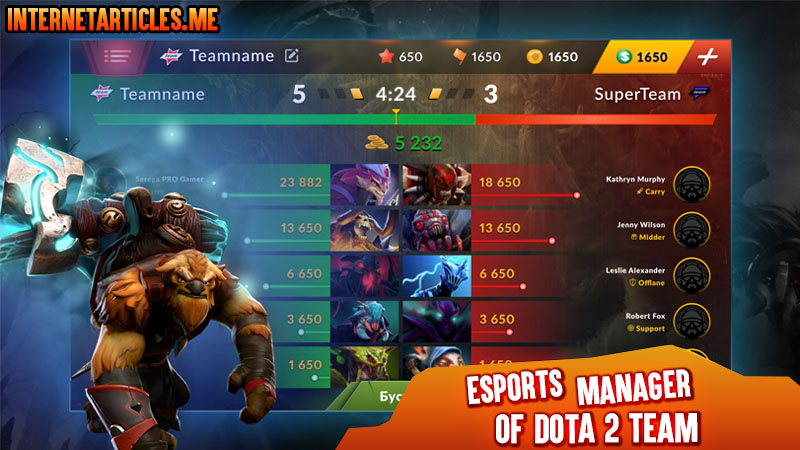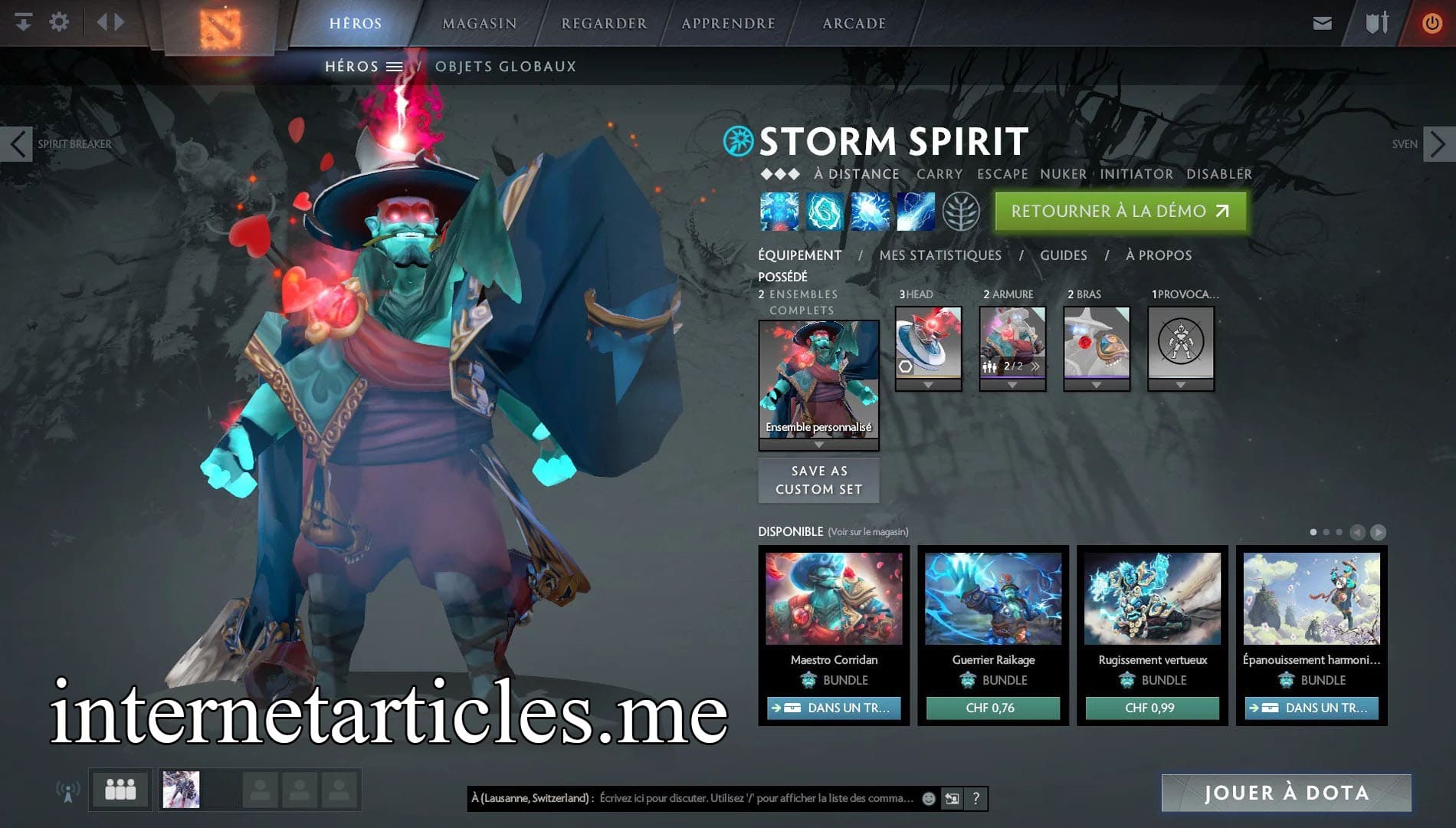Esports Manager of Dota 2 Team – The gaming world has transformed significantly in the past decade, with esports leading the charge. The complexity of managing a competitive esports team, such as those playing Dota 2, is multifaceted, demanding a unique set of skills and acumen. The esports manager’s role is indispensable, as they navigate the realms of team management, logistics, and strategy development.
Steering the Ship:
Managing a Dota 2 team is akin to steering a ship through turbulent waters. The esports manager must assemble a squad of diverse players, each possessing unique skills and personalities. Balancing the individual needs and dynamics is essential, ensuring harmonious collaboration towards the shared goal of victory. Regular team meetings, open communication channels, and conflict resolution are integral components of fostering a positive team environment.
Strategic Planning:
A Dota 2 esports manager delves into the intricate world of strategic planning. With the ever-evolving meta and the constant introduction of new game elements, staying ahead of the curve is crucial. The manager collaborates with coaches and analysts, scrutinizing past performances, opponent strategies, and emerging tactics. This meticulous planning enables the team to adapt, innovate, and maintain a competitive edge.
Logistical Wizardry:
Managing logistics is a pivotal aspect of an esports manager responsibilities. From organizing practice schedules to coordinating travel and accommodation for international tournaments, the manager ensures that every logistical detail is meticulously handled. This seamless organization allows players to focus solely on honing their skills and delivering peak performances.
Player Welfare and Development:
Prioritizing player welfare is paramount. The esports manager monitors the physical and mental well-being of the players, arranging appropriate healthcare, nutrition, and fitness regimes. By fostering a supportive environment and facilitating personal development, the manager aids in building resilient and well-rounded individuals, prepared for the challenges both within and outside the gaming arena.
Brand Building and Public Relations:
A successful Dota 2 team is not only about winning games but also about building a strong brand presence. The esports manager works diligently on public relations, media engagements, and social media campaigns. They liaise with sponsors, negotiate contracts, and ensure that the team’s image is polished and professional, thus attracting fans and partnerships.
Financial Management:
With substantial prize pools and sponsorship deals, financial management becomes a significant responsibility. The esports manager must oversee budgeting, allocate resources efficiently, and manage financial transactions. This financial prudence guarantees the team’s sustainability and allows for investments in training facilities, equipment, and player development.
Crisis Management and Adaptability:
In the unpredictable world of esports, crisis management is indispensable. The esports manager must remain adaptable, addressing unforeseen challenges such as player injuries, technical issues, or public relations crises. Swift decision-making and adaptability are essential, ensuring that the team can weather any storm and remain focused on their objectives.
Conclusion:
The role of an esports manager in a Dota 2 team is multifaceted and indispensable. Steering the team through challenges, developing strategies, managing logistics, prioritizing player welfare, building the brand, overseeing finances, and handling crises are just the tip of the iceberg. An esports manager is the unsung hero behind the scenes, ensuring that the team can focus on achieving victory, while they navigate the complexities of the esports world. In a field as competitive and dynamic as Dota 2, the importance of an adept and dedicated esports manager cannot be overstated.





